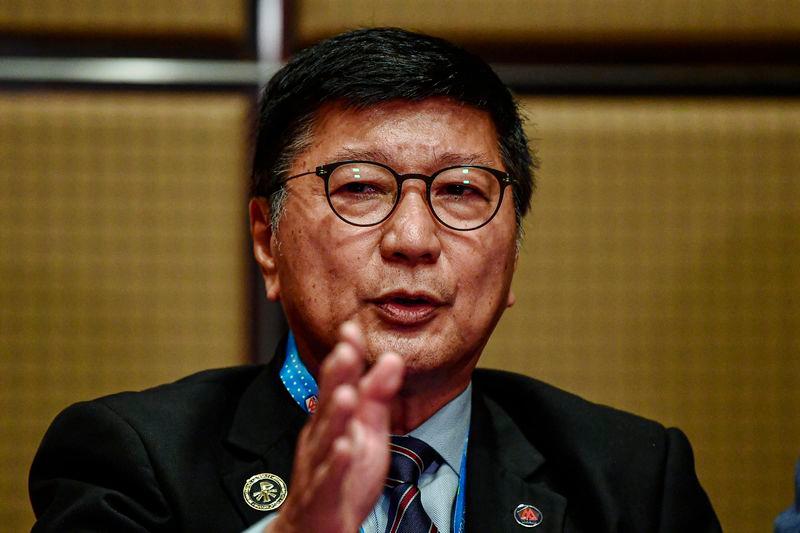KUALA LUMPUR: The Federation of Malaysian Manufacturers (FMM) has called on the government to engage with the United States to seek a reconsideration of the newly imposed 24 per cent tariff on Malaysian exports.
FMM president Tan Sri Soh Thian Lai, in a statement today, cautioned that the higher import duties, effective from April 9, 2025, will significantly affect key Malaysian industries, including gloves, plastics, electrical and electronic goods, and industrial machinery, potentially leading to reduced export volumes, job losses, and disruptions to supply chains.
He said the affected sectors will now face the full 24 per cent tariff, which could lead to a significant reduction in export volumes, job pressures within affected industries and the re-routing or restructuring of supply chains involving Malaysian producers as well as US-linked multinational operations based in Malaysia.
The broader ecosystem including suppliers, logistics providers and downstream service sectors could also be adversely affected by shifts in sourcing and manufacturing decisions resulting from the tariffs, said Soh.
Refrain from introducing additional taxes
Due to these taxes implemented by United States President Donald Trump, the Federation of Malaysian Manufacturers (FMM) hopes that the government will avoid introducing any additional tax burdens this year.
FMM has called for a moratorium on new taxes or regulatory burdens that could further strain the industry and negatively impact employment, reinvestment, and national productivity.
The expansion of the sales and service tax, effective May 2025, along with the increase in electricity tariffs scheduled for July this year, will significantly raise compliance and operational costs for mid-tier and large manufacturers, as well as vulnerable small and medium enterprises, according to FMM.
Furthermore, it expects Malaysian businesses to prepare for a substantial impact from Washington’s decision to impose the 24 per cent reciprocal tariff on Malaysian exports as part of its “Liberation Day” initiative.
Include industry representation in NGCC
Complementing proactive measures by the Ministry of Investment, Trade and Industry (MITI) to continually engage with US authorities, Soh called for the inclusion of industry representation in the National Geoeconomic Command Centre (NGCC) and its high-level task force as a central coordinating platform.
This will help ensure that ground-level business realities, supply chain disruptions and sector-specific vulnerabilities are accurately reflected in the development and execution of mitigation strategies.
The US has indicated that it may reduce tariff levels if trading partners make significant efforts to address non-reciprocal trade arrangements or align more closely with US economic and national security objectives.
He said the NGCC must present clear and verifiable evidence of Malaysia’s open import regime and maintain a consistently liberal import policy framework.
It must be reinforced that Malaysia does not impose protectionist duties and remains committed to rules-based reciprocal trade, an important basis for seeking reconsideration under the US reciprocal tariff mechanism, Soh emphasised.
Seek diplomatic solutions to address trade imbalances
The Associated Chinese Chambers of Commerce and Industry of Malaysia (ACCCIM) has also raised concerns over the new tariffs, warning it could potentially disrupt Malaysia’s export sector and supply chains.
Its president, Datuk Ng Yih Pyng described the tariffs as “unreasonable and unnecessary” and warned it could strain Malaysia-US trade relations and hurt businesses on both sides.
He urged the government to seek diplomatic solutions to address trade imbalances and warned that escalating trade tensions could trigger a broader trade war, disrupting global supply chains, and raising costs for businesses and consumers.
“To mitigate the impact, the chamber calls for financial assistance and capacity-building programmes to help businesses explore alternative markets beyond the US,” he said.
Ng also urged businesses to have a better understanding of tariff implications, stay agile, plan forward, manage costs, and explore opportunities to diversify their markets.









